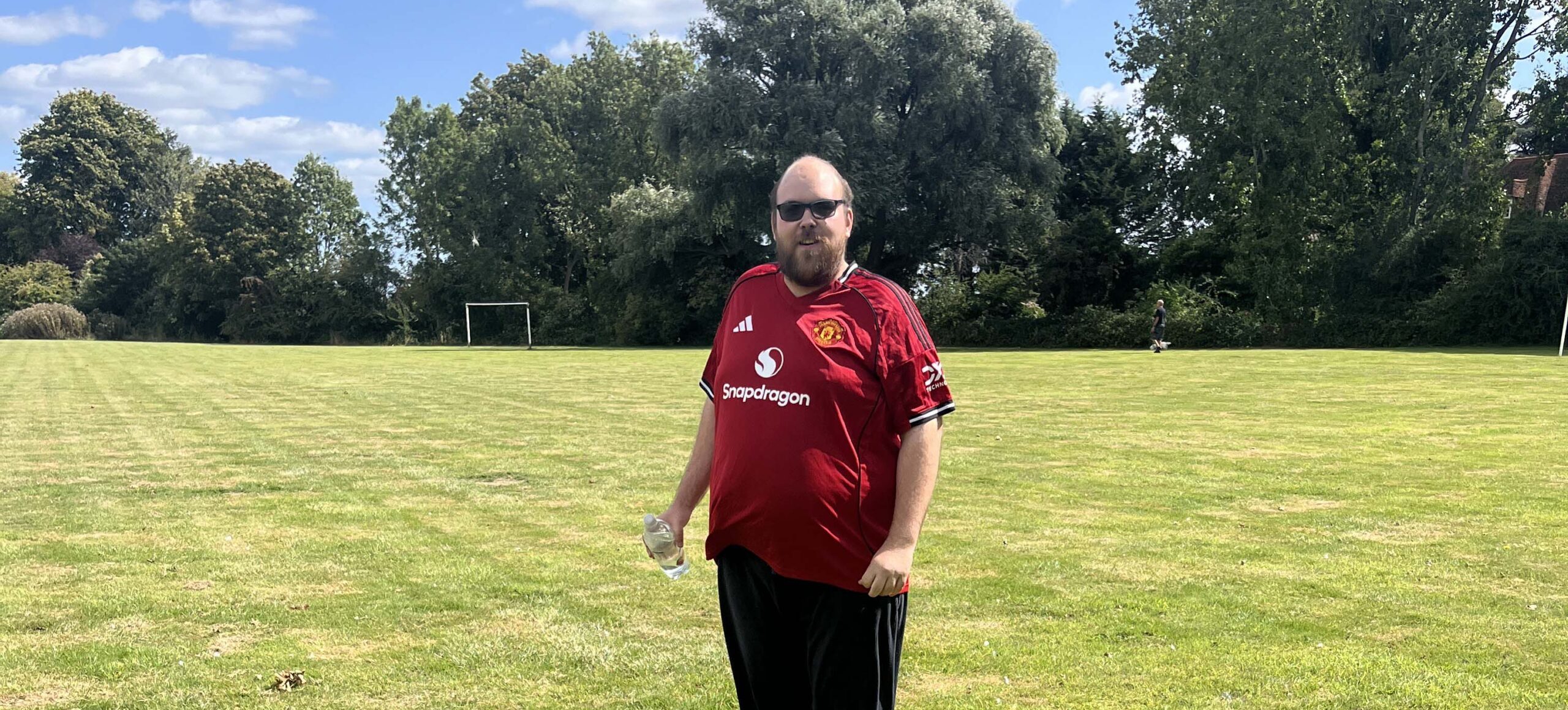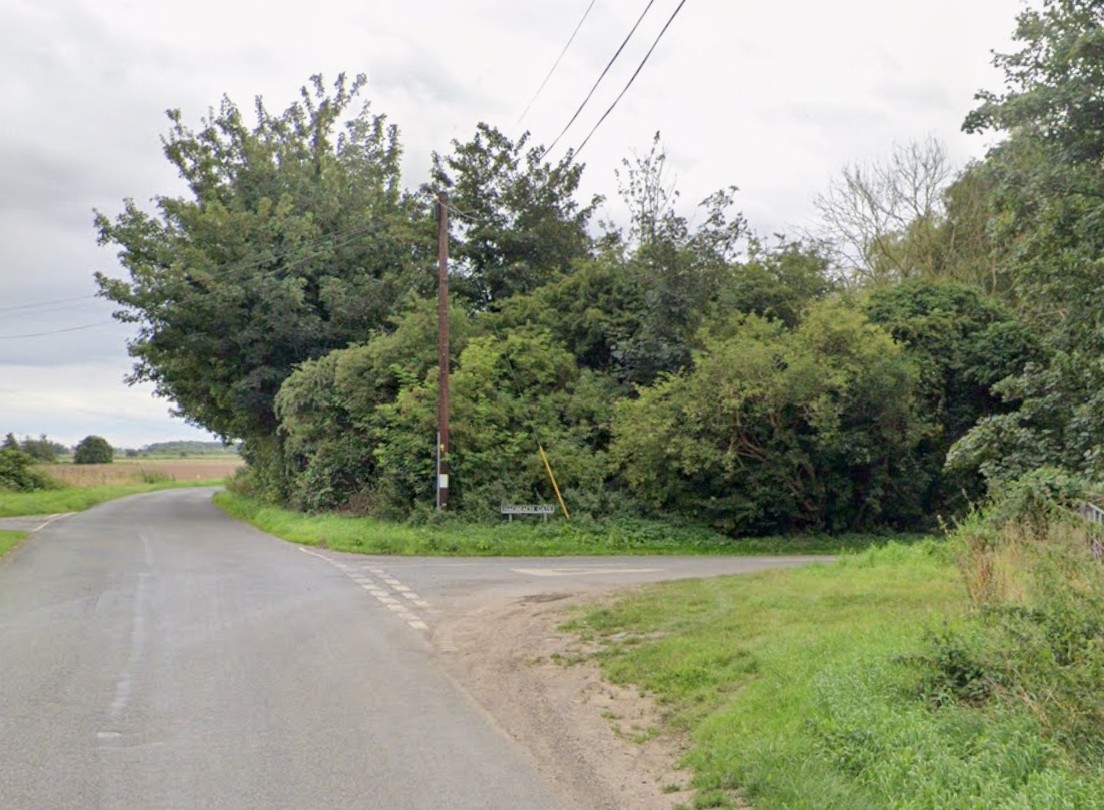Lincolnshire Police has revealed how its targeting those it believes are most likely to re-offend in a bid to stop crimes before they happen.
Integrated Offender Management (IOM) is a multi-agency team comprising police officers, support officers, drugs recovery workers and probation officers, work alongside a host of other agencies, in a unified approach to offender supervision in the community.
IOM aims to explore and develop alternative pathways to criminal behaviour, putting plans in place that address the reasons an individual commits crime.
Selection of individuals is based on the Government’s Neighbourhood Crime Integrated Offender Management Strategy which scores offenders, focusing on the crimes that have the most devastating impact on communities.
Offender Manager PC James Bateman explained: “Burglary, robbery, theft from motor vehicle or theft from person increase an individual’s score significantly.
“Through this scoring system, we make sure we are focusing on risk and targeting our resources to those who cause the most harm.
“They meet the offender and establish what their ‘pathways’ are. Are they a drug user? Do they have accommodation? Are there any mental health issues? Do they have benefits in place to be able to afford food?
“For example, if we learn a former burglar is injecting heroin again, we know this could be a precursor to offending.
“By getting this person onto a methadone script and engaging with ‘We Are With You’ – a local charity providing free, confidential support to people experiencing issues with drugs, alcohol or mental health – we aim to mitigate that risk.”
Outlining a case study, a spokesman for Lincolnshire Police said: “After committing a burglary, for which a long sentence was served, an offender was released on licence twice.
“On both occasions he struggled to remain stable in the community, using alcohol and drugs, which inevitably led to him being recalled back to prison.
“He was then referred to the IOM scheme and he received support with aspects of daily living. An alcohol tag was fitted as this was identified as a precursor to further offending.
“When he moved in to his new accommodation, a simple, mundane issue came up about paying for utilities. He became quite emotional that he didn’t understand what to do and felt like a failure.
“This was previously a time when he would drink alcohol and potentially go and commit crime.
“An IOM Support Officer was able to help him with this small, yet potentially momentous, detail. This was a ‘sliding doors moment’ where the scheme has supported an individual in staying on the right path, ultimately contributing to reduced rates of crime in Lincolnshire.”
Those on the IOM programme may not have had the best start in life, abuse or other Early Childhood Trauma are common. They may have a chaotic lifestyle, mental or physical health issues and a lack of support networks.
PC Bateman explained the work of IOM is not about excusing the choices of an offender, but recognising why they offend and putting in place solutions and support, “Some people may read this and ask ‘why do they get special treatment?’ We know it’s the same offenders committing a large proportion of burglaries. Once they have served their time they return to the community and there is the potential that they will offend again.
“Unless we tackle the reasons why they commit crime, it’s their future victims who will suffer.
“If offences are committed, we will seek to arrest as quickly as possible.
“On a day-to-day basis we wear plain clothes and use unmarked police vehicles, enabling us to build an intelligence picture. If grounds exist, we use powers like stop and search to disrupt offending.”
Engagement with those identified for the programme may begin with a meeting in prison and follow on from there.
IOM uses the latest technology including Buddi tags while exclusion zones and curfews can also be enforced.
PC Bateman said: “This is an opportunity for offenders to work with us and prove themselves. It’s a reason for them to stay out of trouble and a solid excuse if peers are pressuring them.
“On the other hand, if they do commit crime, it’s an opportunity for us to secure evidence that puts them at the scene and can ultimately lead to a conviction.”
PC Bateman continues to enjoy the role, making a difference to the lives of those on the programme and contributing towards the detection and prevention of burglary in Lincolnshire.
“I love the flexibility to respond to risk. We are dynamic in how we work, what we do and where we go.
“I enjoy the variety of ways in which we can manage offenders and help them make better choices. Some days are incredibly frustrating but the connections we make, and the rapport we build with partners and offenders, make it rewarding and worthwhile.”







